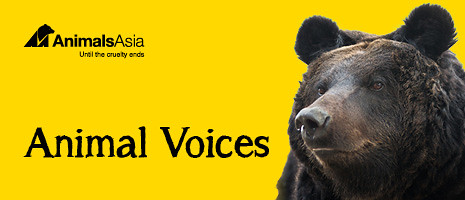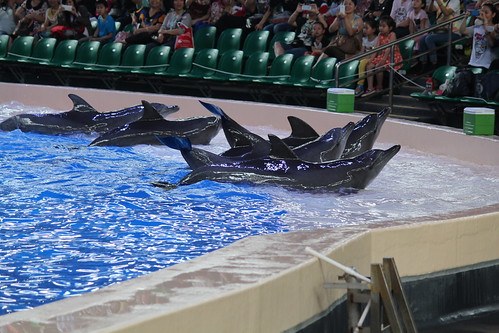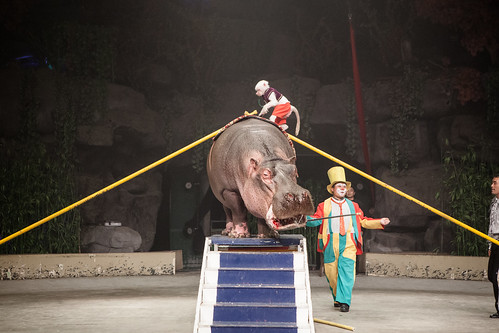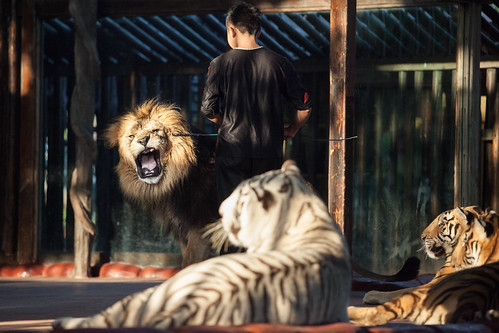If it looks like animal cruelty, don’t let people tell you it's conservation
24 November 2015
By Animals Asia Animal Welfare Director Dave Neale
Circuses and marine parks have both tried to excuse their abuses by citing conservation. But in reality it is what it looks like – animal cruelty.
Claiming “conservation” can be one of the oldest forms of greenwashing – applying an acceptable environmental veneer to excuse something that would otherwise be unpalatable to the majority.
Like plans to build a dolphinarium in Danang. No plan for such a proposal in 2015 would be complete without a conservation or education message. But we also know that is a distraction. What could anyone really learn – other than it’s apparently acceptable to take animals from the wild and to use them for commercial gain?
Under pressure from the Blackfish backlash, SeaWorld says it’s looking to replace its orca show with a new one “with a conservation message”. And so it goes.
When we hear the word conservation, we imagine animals being protected from suffering in the wild. We think of habitats being protected from human encroachment and children learning about the nature of animals, and how they can play a part in safeguarding their future.
But I continue to come across these phrases used where animals are being made to suffer. Circuses, safari parks and marine mammal shows all claim to want to teach visitors about animals – but they miss out the part about these animals being taken from their mothers, and raised for a life of human handling.
And so, imagine my recent despair when I saw another example of the abuse of animals in the circus being described as “conservation”. The Oriental Circus Indonesia – owned and run by Taman Safari Indonesia – claims to be an inspirational conservation experience. But it sets about trying to achieve this goal by forcing chimpanzees to ride motorcycles in front of laughing crowds, and making elephants perform tricks while menaced by handlers holding metal hooks.
In what way could any part of this be either conservational or educational? How can this even be acceptable?
As long as we continue to accept the use of animals for entertainment – animals we can interact with for our own personal close-contact experiences – circuses and other animal-based enterprises will continue to exploit them, while deceiving us about what we’re engaging in.
It is time that we all take a stance against this, and challenge these institutions that are doing conservation education such a disservice. It is time for them to be honest, to label these practices for what they truly are – exploitative entertainment.
Without the conservation lie, the public could make a genuine moral decision as to whether or not they agree with this use and abuse.
If people understood that this is exploitation not conservation – and animals entertain out of fear not fun – they would surely stop attending. And when they stopped going and these places closed we would be reminded once again – these are commercial enterprises, not conservation.
As Animals Asia’s Animal Welfare Director, David Neale works to improve the plight of animals in zoos and safari parks and increase overall veterinary and welfare standards in countries in Asia. His prolific career has taken him all over the world, rescuing animals in Bolivia, working as an ecologist in England and promoting animal welfare education in schools and universities. Since joining Animals Asia in 2002, David has travelled extensively across the continent, helping to rescue moon bears in Vietnam and carrying out zoo investigations in China.
BACK









 5 reasons the dog meat trade must end
5 reasons the dog meat trade must end
 New year, new home for Christmas the Bear!
New year, new home for Christmas the Bear!
 Veterinary welfare training – pain management
Veterinary welfare training – pain management